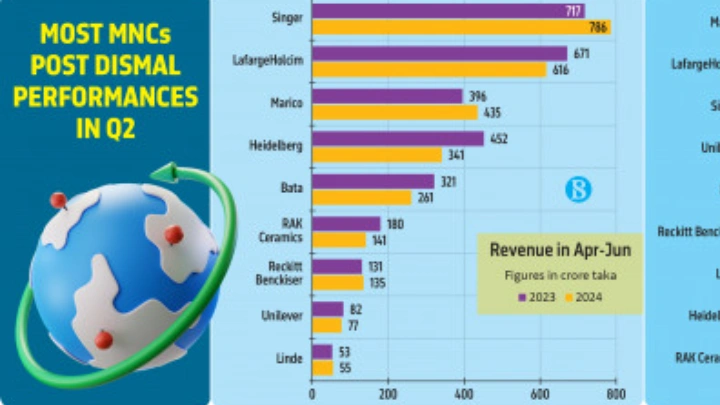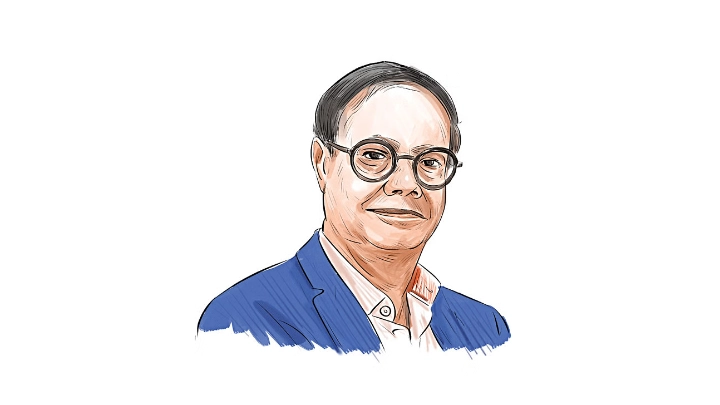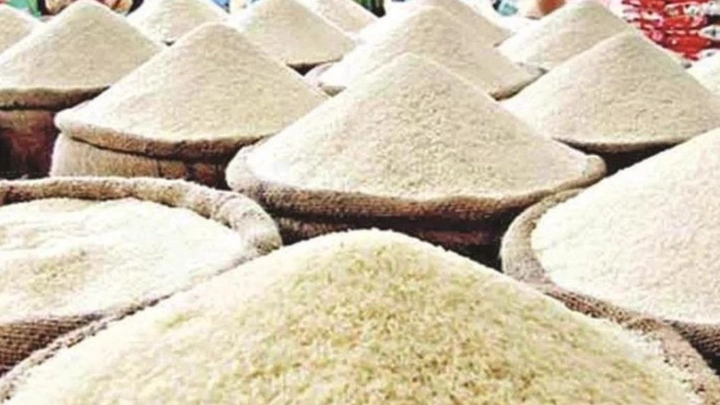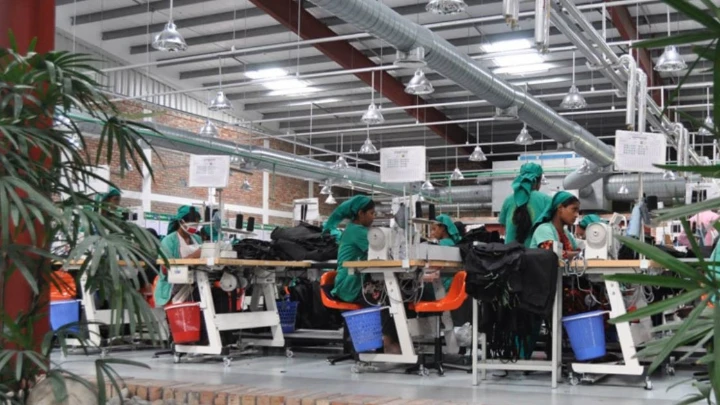Inflation, forex crisis, gas shortage bite multinational firms in Apr-Jun
TBS || Shining BD
Multinational companies (MNCs) engaged in the country's manufacturing sector bore the brunt in the April-June quarter of this year due to high inflation, a forex crisis, taka devaluation, and gas shortages.
Out of 13 listed MNCs, 11 — nine from the manufacturing sector and two from the telecom sector — have published their unaudited financial statements for the second quarter of this year.
BAT Bangladesh and Berger Paints Bangladesh are yet to publish the financial statements for the June quarter.
Among the nine MNCs, Bata, Heidelberg Materials, RAK Ceramics, Unilever Consumer Care and LafargeHolcim Bangladesh witnessed a fall in revenue during the quarter compared to the same period the previous year. Additionally, Bata, Heidelberg Materials, Reckitt Benckiser, Singer, and LafargeHolcim faced a decline in profit.
However, amid the economic crisis, Linde, Marico, Reckitt Benckiser, and Singer saw their revenue rise. Among them, only Linde and Marico posted profit growth in the April-June quarter. Unilever Consumer Care posted profit growth despite a fall in revenue.
Only RAK Ceramics among the MNCs incurred a loss in the last quarter.
RAK Ceramics in its financial statement said sales were decreased by 16.48% due to reduction of market demand and inability of supplying desired goods to customer due to production interruption due to non-supply of adequate gas.
Net profit after tax was decreased mainly due to reduction of production and decrease of sales, but fixed cost has not been reduced proportionately, it added.
A senior officer at the RAK Ceramics said on seeking anonymity, materials are selling at very competitive price to the customers for surviving in a very unhealthy price and market competition. Finance expenses are also increased due to increase of borrowing from bank as well as increase of rate of interest.
LafargeHolcim Bangladesh's both revenue and profit declined during the second quarter due to the lower demand. Its Chief Executive Officer Iqbal Chowdhury said through a press release, "Bangladesh's economy is going through certain challenges which are affecting the construction industry, resulting in a decline in sales during the quarter."
He also said, "However, our focus for sales channel expansion, stronger aggregates performance, digitalisation and addressing the waste challenges through Geocycle remained consistent.
"With a continuous emphasis on agility, cost and innovation, we are confident to demonstrate solid performance in the quarters to come."
Another multinational cement manufacturer Heidelberg Materials posted a dismal performance.
In response to The Business Standard queries, Saikat Khan, director of Legal and Corporate Affairs of the company, said lower sales and net profit were caused by market degrowth and adherence to a premium pricing strategy to maintain the desired margin.
Besides, skyrocketing commodity prices are limiting consumer's purchasing power, causing them to postpone or slow down construction works, he said. "Unstable economic and political conditions are also contributing to these delays."
The business is facing significant challenges from an oversaturated market, foreign exchange crisis, high inflation, and logistical issues, he added.
In an explanation regarding downward of business, Bata Shoe Company (Bangladesh) Ltd in its financial statements said due to adverse economic condition caused by high inflation, business has fallen by almost 4% during this period.
Aligned with revenue, the cost of sales also fell by 6% whereas operating expenses slightly increased by 1% compared to last year, the statements read.
In the April-June quarter of 2024, Singer Bangladesh's revenue rose by around 10% to Tk785 crore, but the net profit dropped by 47% to Tk25 crore compared to the previous year at the same time.
The company said in its financial statement that the reasons for the decreased profit margin are the increase in sales of trade goods, including locally-sourced products due to the forex crisis, and higher discounts and promotional activities to materialise the sales.
To cope with the forex crisis, Singer obtained an inter-company long-term loan of €27.50 million from its ultimate parent company, Arcelik AS, Turkey, in March 2024. The loan has a term of seven years, including a two-year grace period and a five-year repayment period.
Meanwhile, Unilever Consumer Care posted profit growth amid the challenges. It said in the financial statement, profit has improved due to efficiency in operating expenses, increase in net finance income and one-off waiver of technology and trademark royalty granted by the parent company.
According to the Bangladesh Bureau of Statistics (BBS), the monthly inflation rate was 9.74% in June, a drop of 0.2 percentage points from the previous month.
The country recorded an inflation rate of 9.94% in May, the highest in a decade, according to BBS data. Food inflation stood at 9.73% in June, while non-food inflation hit 9.6%.
Shahidul Islam, CEO of VIPB Asset Management, said, sales of various companies fell as inflation rose at a higher rate than people's incomes, which has now become an economic problem.
He added that companies were forced to increase the price of products due to the increase in the price of raw materials, which has an impact on the consumer.
Shining BD























